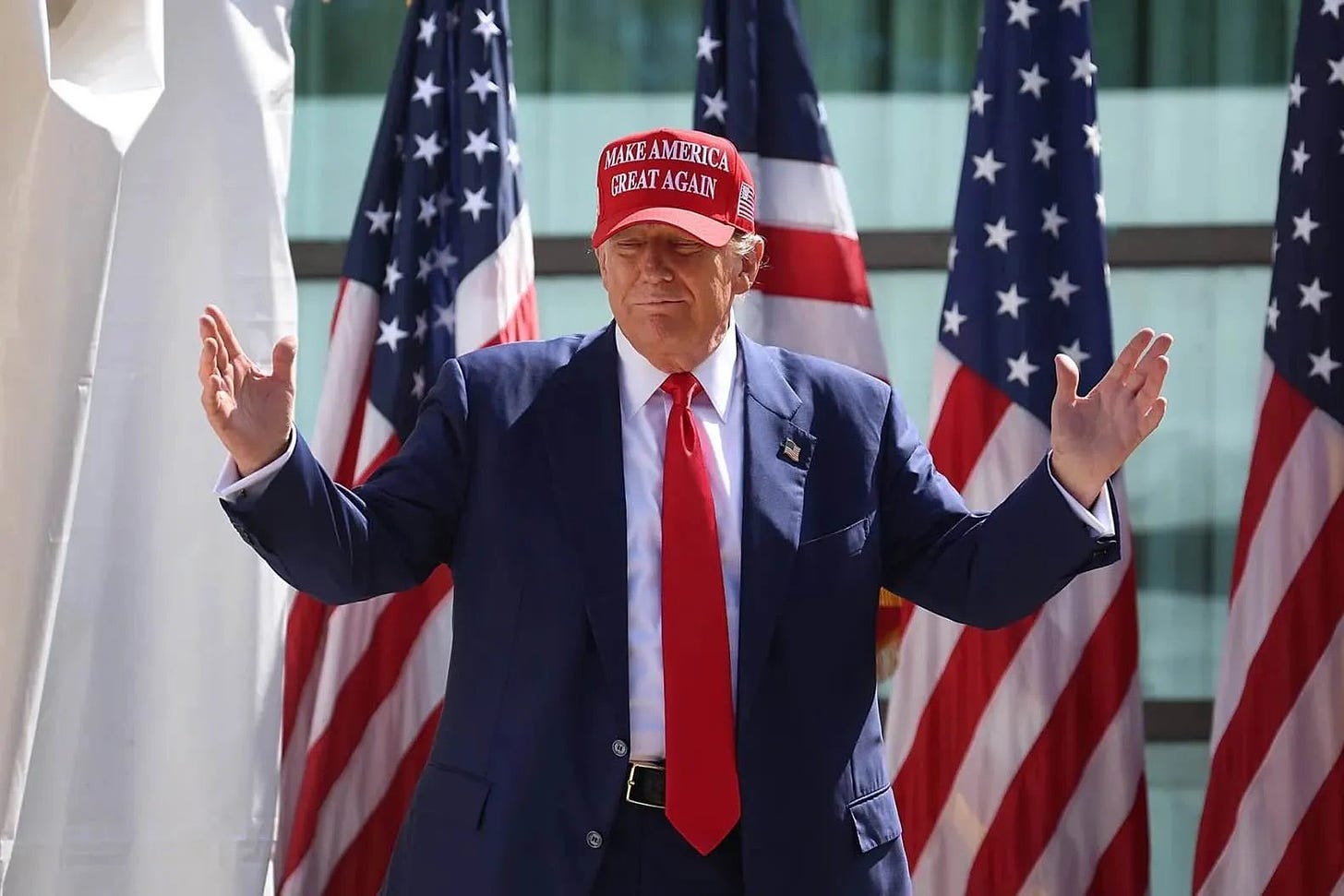President-elect Trump Calls for Death Penalty for Child Traffickers
Bold Proposal Sparks Praise and Controversy Amid Efforts to Combat Human Trafficking

Donald Trump: "Child Traffickers Deserve the Harshest Punishment Possible"
President-elect Trump addressing the press on his administration's priorities in tackling child trafficking, Washington, D.C.
Washington, D.C. – In a striking policy announcement, U.S. President-elect Donald Trump declared that his administration will seek to impose the death penalty on individuals convicted of trafficking minors. The statement, made during a press conference on crime and justice reform, emphasizes the incoming administration's commitment to combating human trafficking with unprecedented severity.
“There is no crime more heinous than trafficking children,” Trump stated firmly. “Under my leadership, anyone caught trafficking minors will receive the death penalty immediately.”
The announcement has sparked a wave of responses, with some praising the decisive stance and others questioning the legal and ethical implications of such a policy.
Legal Hurdles and Ethical Concerns
Implementing such a measure would require significant legal changes. Currently, the death penalty in the United States is reserved for crimes like murder and terrorism. Extending it to child trafficking would likely necessitate Congressional approval and face judicial review to ensure its compliance with constitutional standards.
Critics have raised concerns over due process and potential wrongful convictions. Civil liberties groups and human rights advocates warn that swift implementation of the death penalty risks undermining the justice system and disproportionately affecting vulnerable populations.
Public and Political Reactions
Supporters of the proposal, particularly advocates for child safety, have lauded Trump’s firm stance. “This is the kind of leadership we need to protect our children and deter traffickers,” said Jessica Morgan, a spokesperson for an anti-trafficking organization.
Conversely, opponents argue that such punitive measures fail to address underlying causes of trafficking, such as economic inequality and lack of education. Lawmakers from both parties have expressed mixed reactions, indicating that the proposal could face a tough battle in Congress.
A Global Spotlight on U.S. Policy
If implemented, Trump’s policy could set a controversial precedent internationally. While some nations may view it as a model for cracking down on trafficking, others, particularly those opposed to the death penalty, could criticize the United States for what they consider excessive punishment.
Next Steps
As the President-elect prepares for his inauguration, his administration is expected to outline specific legislative proposals to advance this policy. Meanwhile, legal experts anticipate challenges that could delay its enactment or block it altogether.
Trump’s call for the death penalty has undoubtedly ignited a conversation about the most effective and ethical ways to combat child trafficking. Whether this proposal becomes a cornerstone of his crime policy or remains a symbolic gesture, it highlights the administration's prioritization of protecting vulnerable populations.





